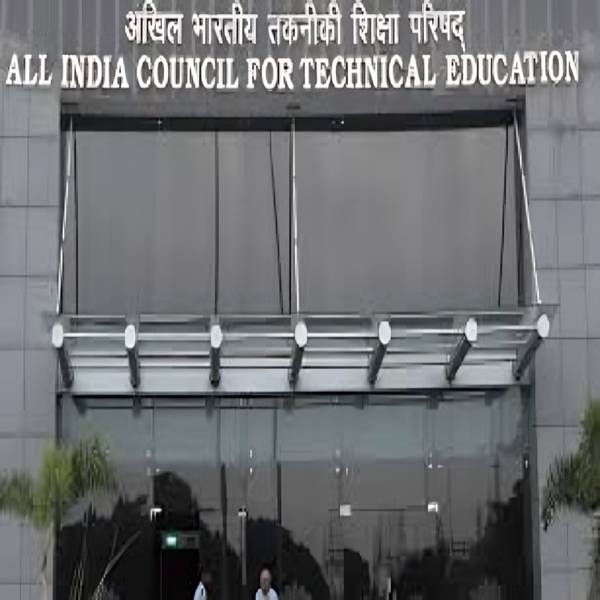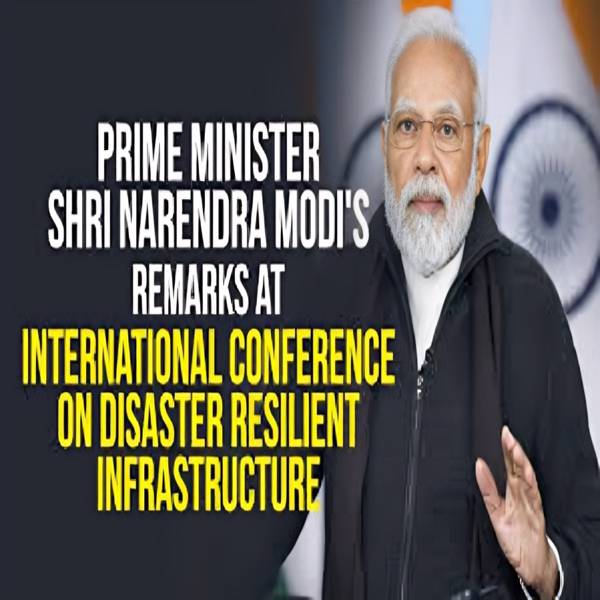AICTE and NQM Launch First Quantum UG Minor
The All India Council for Technical Education (AICTE), in partnership with the National Quantum Mission (NQM) under the Department of Science and Technology (DST), has introduced a Quantum UG Minor Programme in quantum technologies.
The program Quantum Technologies is designed to prepare India’s workforce for the rapidly evolving quantum age, positioning the nation as a global leader in pioneering advancements within this transformative field.
Recognized as India’s inaugural undergraduate minor program in quantum technologies, this initiative is set to commence in the next academic session.
It will be available to engineering students in their third or fourth semester, with a strong focus on practical, hands-on applications. According to the technical education regulator, students can choose 18 credits from a selection of over 30 credits, enabling institutions to tailor the program based on their available resources.
To enhance the quality of quantum education, AICTE and the Indian Institutes of Technology (IITs) will organize Faculty Development Programmes (FDPs) to train educators effectively.
Quantum technologies are based on the principles of quantum mechanics, the fundamental scientific theory that explains the behavior of matter at atomic and subatomic scales.
This newly launched program seeks to close the gap between academia and industry by meeting the strategic and multidisciplinary requirements of the quantum ecosystem.
As outlined in AICTE’s draft structure for the undergraduate minor in “Quantum Computing and Quantum Technologies, the curriculum covers four key areas: quantum computation and simulation, quantum communication and cryptography, quantum sensing, and quantum materials and devices. To enroll, students are expected to have a foundational understanding of engineering, mathematics, physics, and basic programming skills.
DST Secretary Abhay Karandikar referred to the introduction of the model curriculum for the undergraduate minor in quantum technologies as a significant step forward in building capacity in quantum science and technology.
He also mentioned that the program is scheduled to be launched in the next academic session in partnership with AICTE.
Under the National Quantum Mission (NQM), the Department of Science and Technology (DST) and AICTE will support institutions in setting up quantum technology laboratories. Approved by the Union Cabinet on April 19 last year, NQM has a budget allocation of ₹6003.65 crore for the period 2023-24 to 2030-31. The mission aims to drive advancements in scientific and industrial R&D, cultivate a dynamic quantum technology ecosystem, and establish India as a global leader in quantum technologies and applications (QTA). It is expected to benefit sectors such as communication, healthcare, finance, and energy, with potential applications spanning drug development, space exploration, banking, and security.
AICTE Chairman TG Sitharam emphasized that quantum technology is set to revolutionize computing, communication, and sensing. He highlighted that the newly developed curriculum aims to develop a skilled workforce capable of driving innovation and achieving the objectives of the National Quantum Mission. AICTE’s efforts, such as mandatory internships and the establishment of Idea Development Evaluation and Application (IDEA) labs, further support the creation of a strong, quantum-ready talent pool.
Also read: Centre scraps ‘no-detention policy’; Tamil Nadu opts out.
Ajai Chowdhry, Chairman of the Mission Governing Body (MGB) of NQM, stated that India’s first undergraduate program in quantum technology will play a pivotal role in cultivating skilled professionals, fostering partnerships with startups, and offering students practical exposure to fuel innovation in this rapidly evolving field.



